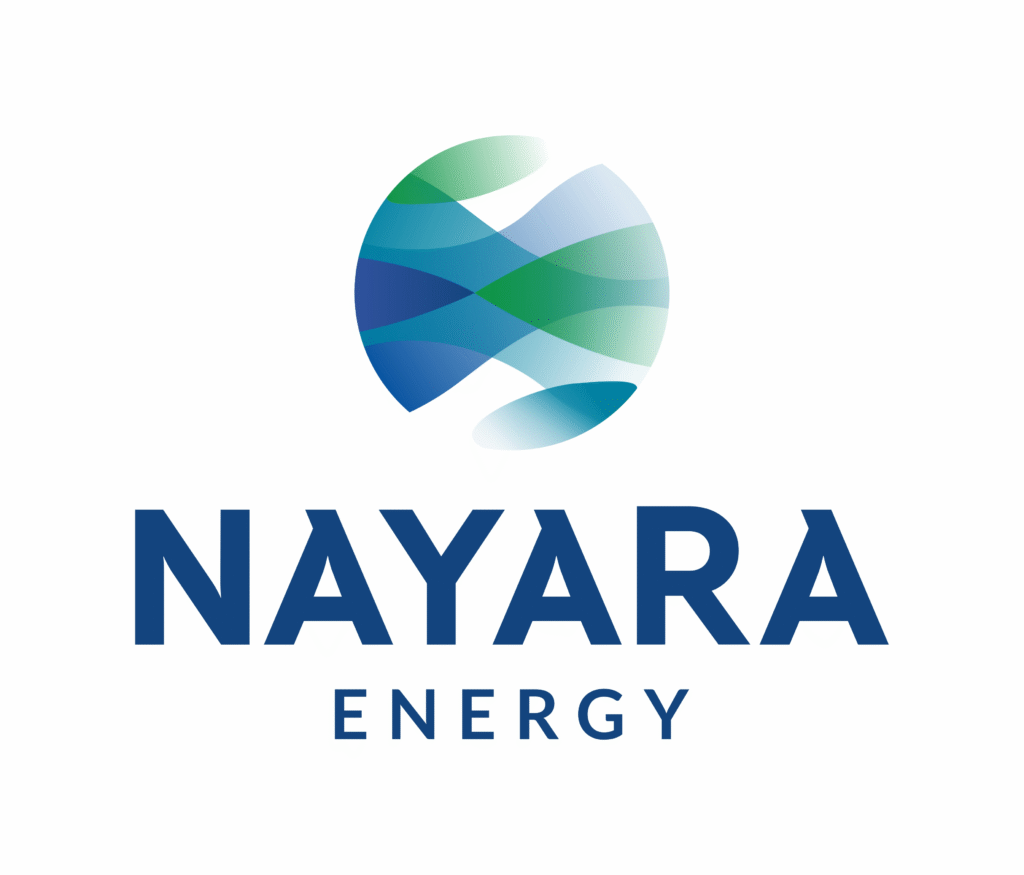India’s Nayara Energy has been forced to cut down operations at its massive oil refinery in Gujarat after getting caught up in the latest round of European Union sanctions aimed at Russian-linked businesses.

Nayara runs one of India’s largest oil refineries at the coastal town of Vadinar, handling around 400,000 barrels a day. That’s nearly 8% of all the oil refining capacity in the country. But now, with new EU restrictions kicking in, the company is facing major hurdles, especially when it comes to moving its fuel products overseas.
Several ships carrying Nayara’s fuel have been left stranded off European ports, unable to unload their cargo. One of them—a vessel named Alora—has been anchored near Portugal since mid-July, carrying jet fuel that was already paid for. But companies involved in inspections and logistics are reportedly backing off due to Nayara’s ties to Russian firms, including oil giant Rosneft.
Although the fuel itself isn’t under direct sanctions, anything linked to a sanctioned company is raising red flags in Europe. Because of this, Nayara is struggling to find takers for its fuel, and it’s running out of storage space.
The sanctions, introduced by the EU on July 18, are part of broader efforts to limit Russia’s influence in the global energy market. But Nayara, being partly Russian-owned, has ended up caught in the middle—even though it’s based in India.
Sources familiar with the situation say that the refinery is currently running at just 70–80% of its usual capacity. That’s a noticeable dip, especially considering the plant had been operating at over 100% efficiency in the three months before the sanctions were announced.
In recent days, multiple oil tankers have either canceled plans to load fuel at Nayara’s port or changed course altogether. Industry insiders say that traders are now being extra cautious when dealing with the company.
For now, Nayara is facing tough choices—either cut production further or find alternative buyers in regions less sensitive to EU policies. How the situation unfolds will likely depend on how long the restrictions last and whether other markets step in to absorb the surplus fuel.
